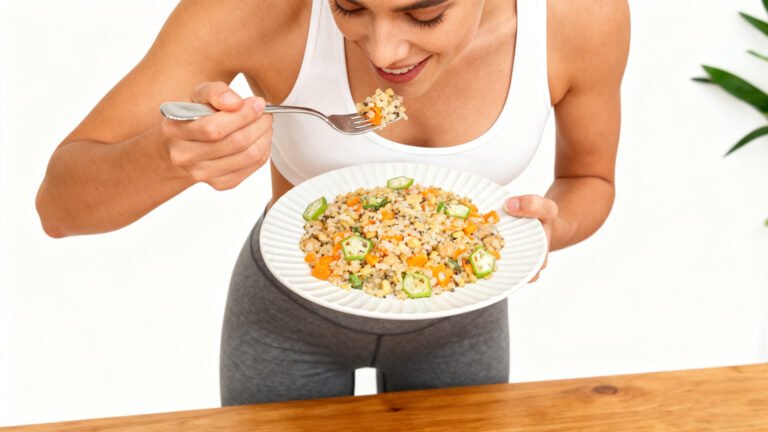
Contact Us through info@lovekonjac.com
Are you experiencing sluggish digestion on the keto diet? Feeling hungry, bloated, or concerned about high cholesterol? Dietary fiber is key to addressing these issues and more.
One common complaint about the ketogenic and other low-carb diets is the lack of fiber. Many assume that high-fiber foods don’t fit into a low-carb plan, but they are actually essential. Some people experience digestive issues like constipation, particularly when first starting keto. Others find they just don’t feel full—both problems are often linked to a lack of fiber!
Dietary fiber offers a wide range of health benefits, which are especially important when following a keto diet. Incorporating enough fiber into your meals helps in the following ways:
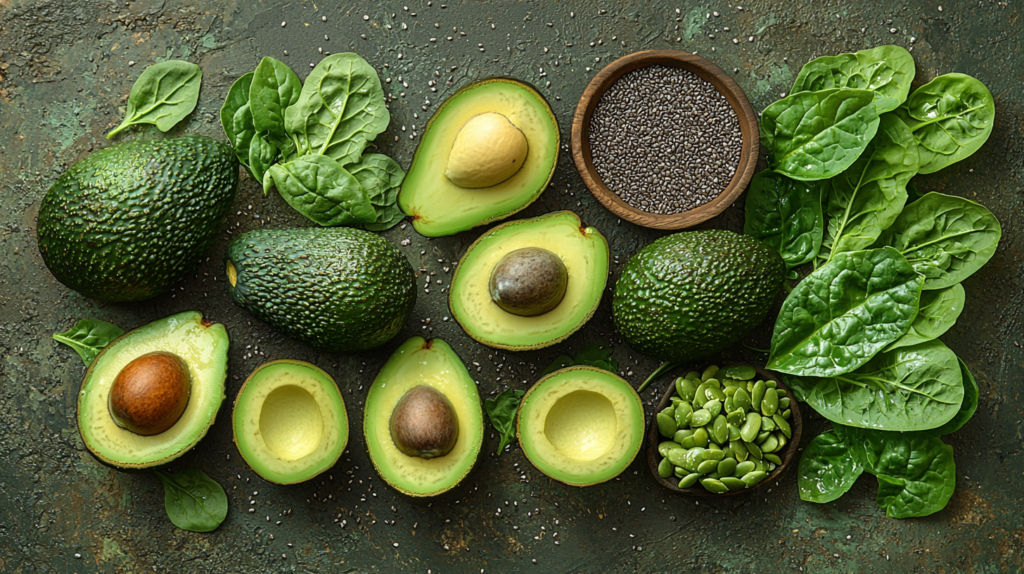
Fiber is crucial for maintaining a healthy digestive system. It adds bulk to stool and promotes regular bowel movements, reducing the risk of constipation, which can be a common issue on a low-carb diet like keto. Soluble fiber also helps feed the beneficial bacteria in your gut, contributing to a balanced gut microbiome.
While following a keto diet, keeping blood sugar levels stable is essential. Fiber, especially soluble fiber, slows down the absorption of sugars and can help regulate blood sugar levels, preventing spikes and crashes. This is particularly beneficial for people with diabetes or insulin resistance.
Consuming adequate fiber, particularly soluble fiber, is associated with a reduced risk of heart disease. It can help lower cholesterol levels by binding to cholesterol molecules in the digestive system and promoting their excretion from the body. Lower cholesterol levels mean a healthier heart and a reduced risk of heart-related issues.
Fiber-rich foods are filling and help increase satiety, which can be useful for those trying to lose weight on keto. Since fiber takes longer to digest, it helps you feel full for longer periods, reducing overall food intake and helping with weight management.
Best Fiber Sources on KetoDespite the keto diet limiting many high-carb foods, several low-carb, high-fiber options can still help you meet your daily fiber needs. Here are the 6 keto friendly, high fiber foods:
Non-starchy vegetables are an excellent source of fiber while being low in carbs. Some of the best options include:
Leafy greens (spinach, kale, arugula)
Cruciferous vegetables (broccoli, cauliflower, Brussels sprouts)
Zucchini and cucumber
These vegetables are not only rich in fiber but also packed with essential vitamins and minerals.
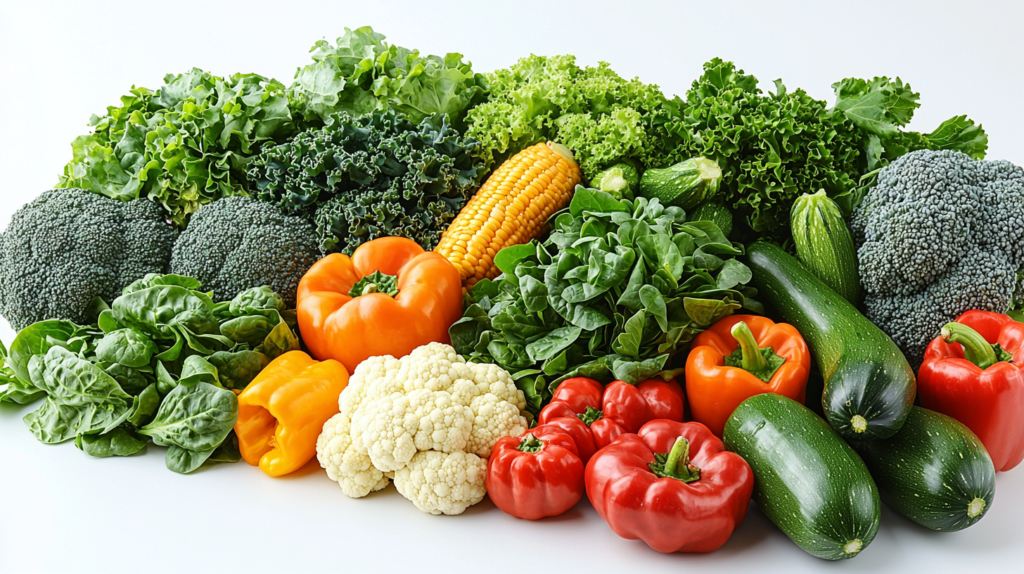
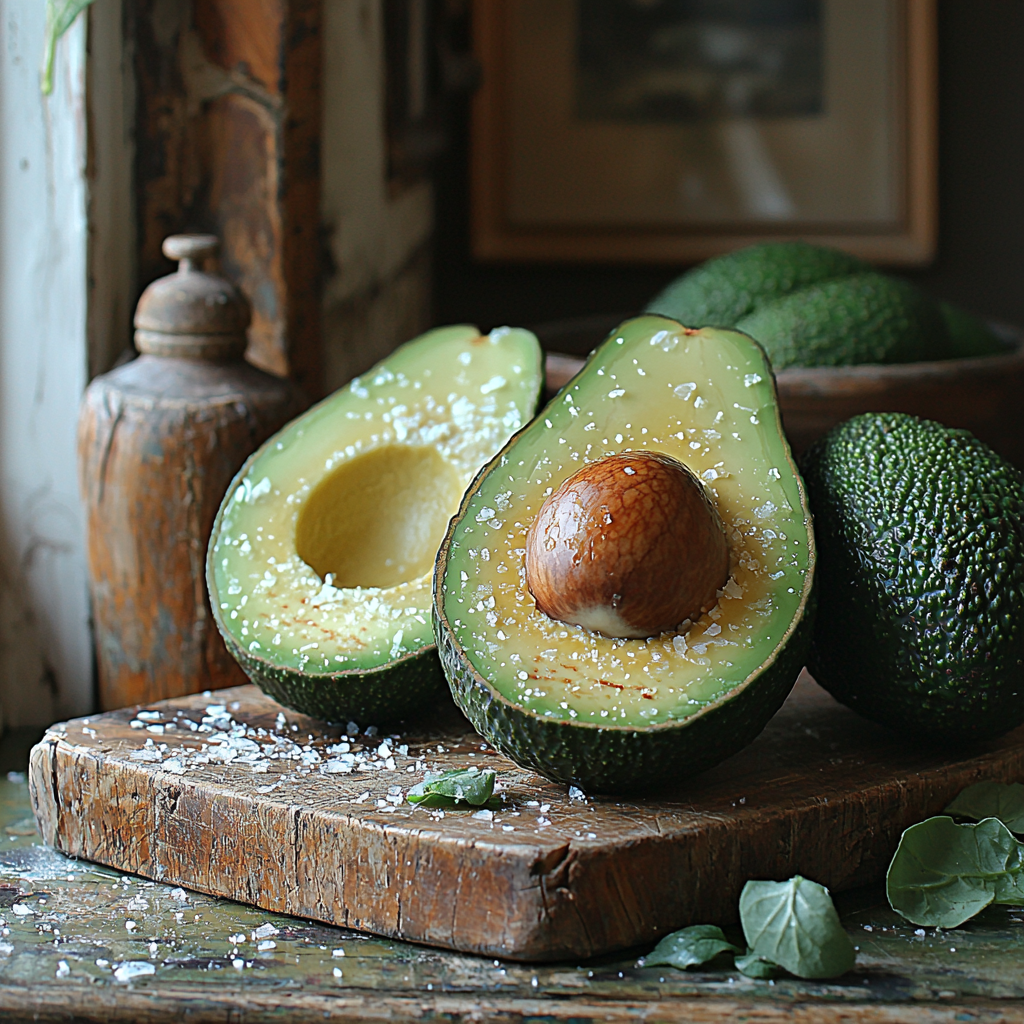
Avocados are a keto staple due to their high healthy fat content, but they are also loaded with fiber. A single avocado contains around 10 grams of fiber, making it one of the best high-fiber foods for a keto diet. Add avocado to your salads, smoothies, or enjoy it on its own as a snack.
Many nuts and seeds are low in net carbs and high in fiber. Some of the best options for fiber on keto include:
Chia seeds (10 grams of fiber per ounce)
Flaxseeds (8 grams of fiber per ounce)
Almonds (3.5 grams of fiber per ounce)
Sprinkle these seeds on top of your keto-friendly yoghurt or add them to smoothies for an extra fiber boost.
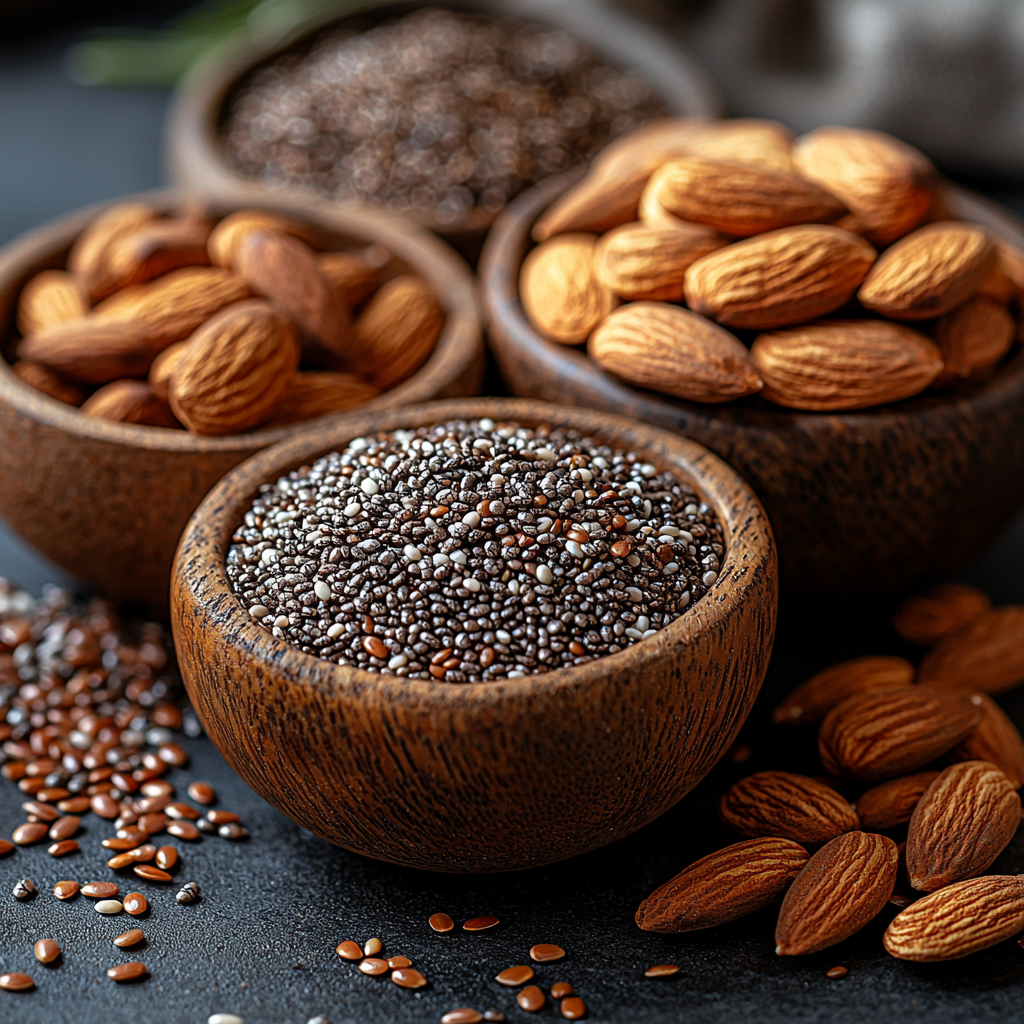
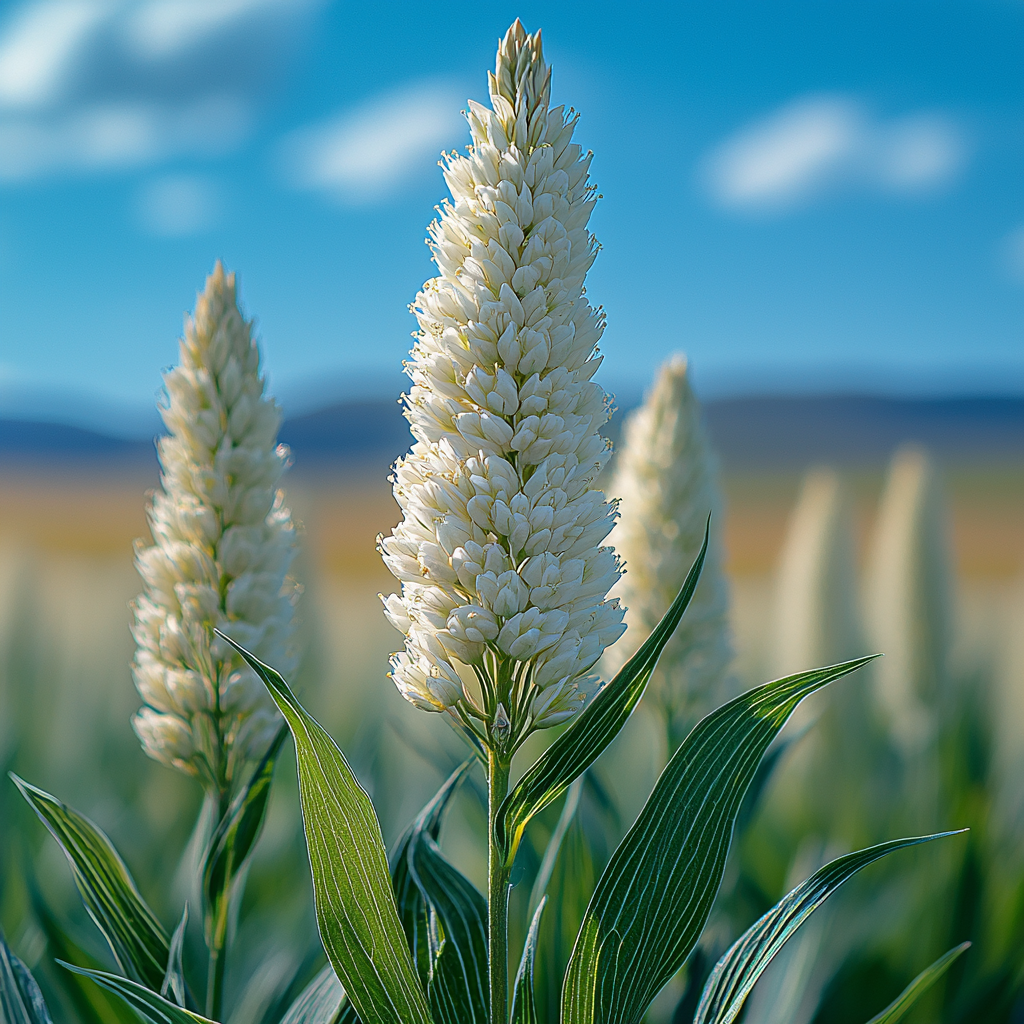
Psyllium husk is a fiber supplement made from the seeds of the Plantago ovata plant. It’s often used in low-carb and keto baking to add bulk and fiber to recipes. Just one tablespoon of psyllium husk provides about 5 grams of fiber, making it an excellent addition to your keto pantry.
If you’re baking on keto, consider using coconut flour instead of traditional wheat flour. Coconut flour is high in fiber, with about 10 grams of fiber per quarter cup. It can be used in keto breads, muffins, and other baked goods to boost fiber intake.
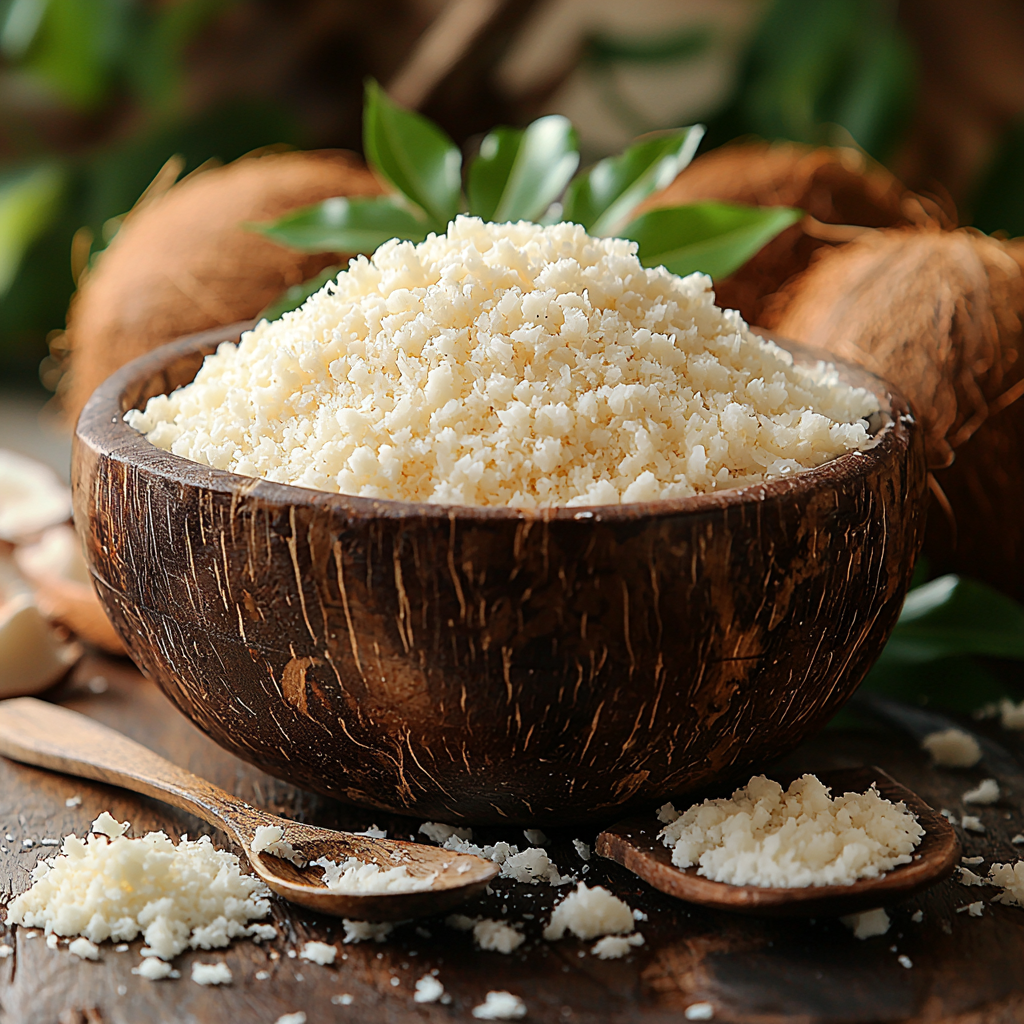
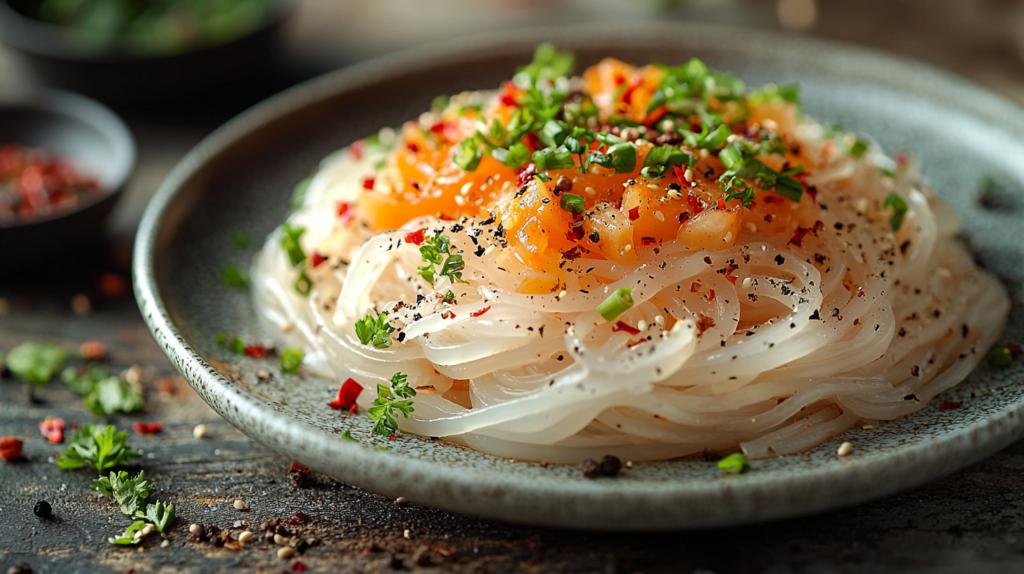
We can’t talk about low-carb, high-fiber foods without konjac root! What’s that? You’re not familiar with Konjac? It’s okay—many people haven’t heard of this miraculous vegetable. Konjac root is exceptionally high in glucomannan fiber, a unique fiber that aids in blood sugar control while keeping you full.
Konjac noodles, also known as shirataki noodles or magic noodles, are made from the konjac root, which is exceptionally high in glucomannan fiber. Glucomannan helps control blood sugar, supports satiety, and aids in digestion, making konjac noodles an ideal low-carb, high-fiber option. A serving of konjac noodles contains zero net carbs and only 9 calories!
Konjac noodles come in various forms—spaghetti, rice, angel hair, fettuccine, and more—making them a versatile addition to keto-friendly meals. Simply drain, rinse, and heat with your favorite sauces and toppings for a guilt-free, low-carb pasta experience.
Here are a few practical tips to help you get more fiber on your keto diet:
Drink plenty of water: Fiber absorbs water, so make sure to drink enough fluids to help fiber move through your digestive system smoothly.
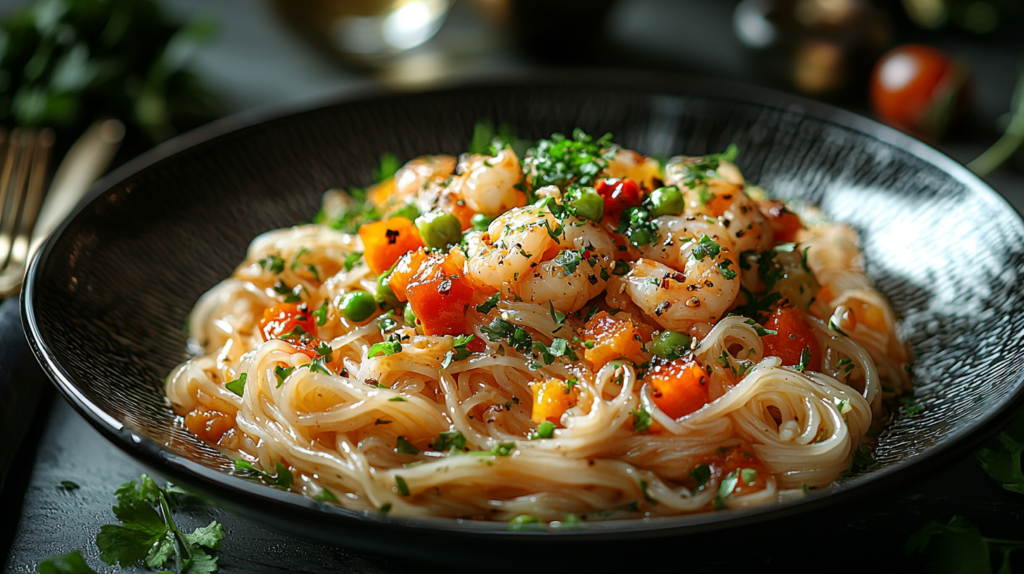
It’s important to get enough fiber while following a low-carb diet. Konjac noodles are a fantastic, keto-friendly option that helps you stay full, enjoy your favorite pasta dishes, and avoid carb overload. Konjac noodles are plant-based, gluten-free, and low in calories—perfect for any lifestyle.
If you’re ready to explore the world of konjac noodles, check out our recipes and order today! Whether you’re looking for a pasta replacement or just want to boost your fiber intake on keto, konjac noodles are the answer!